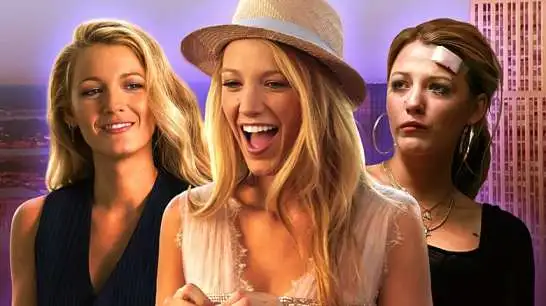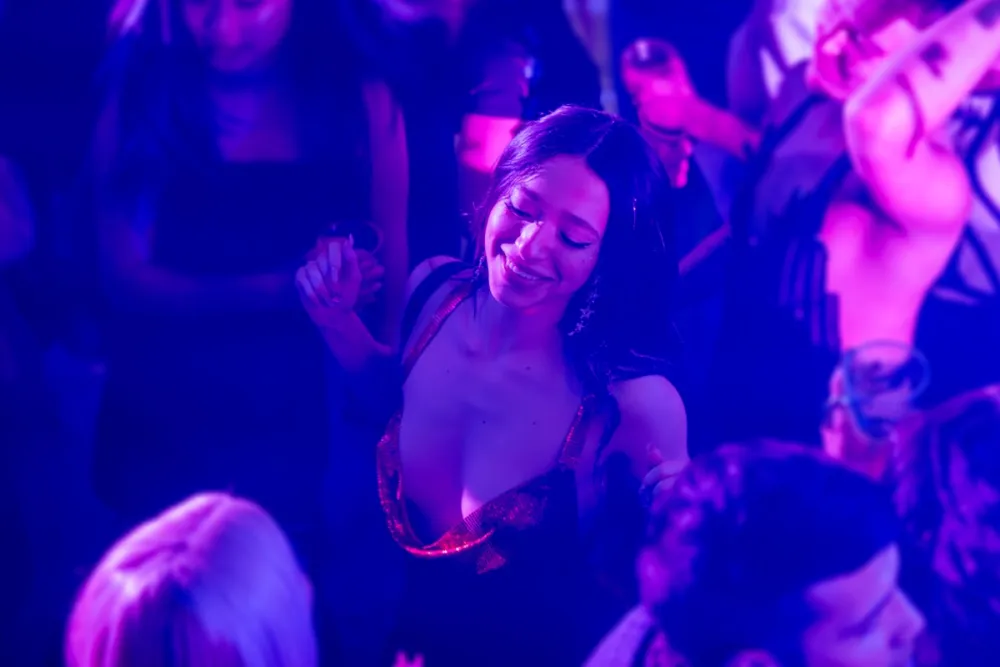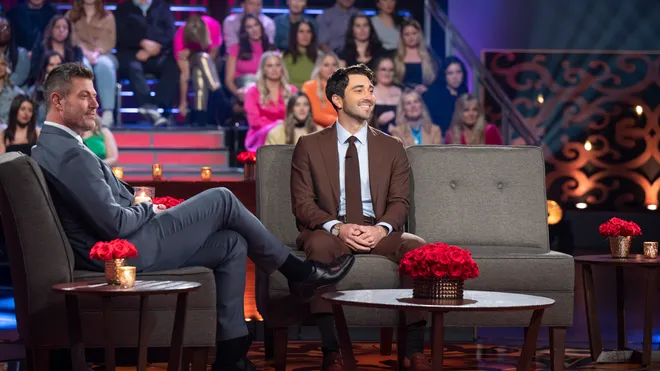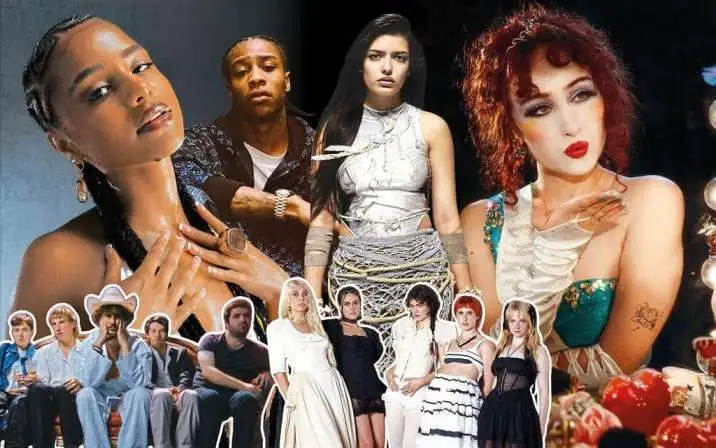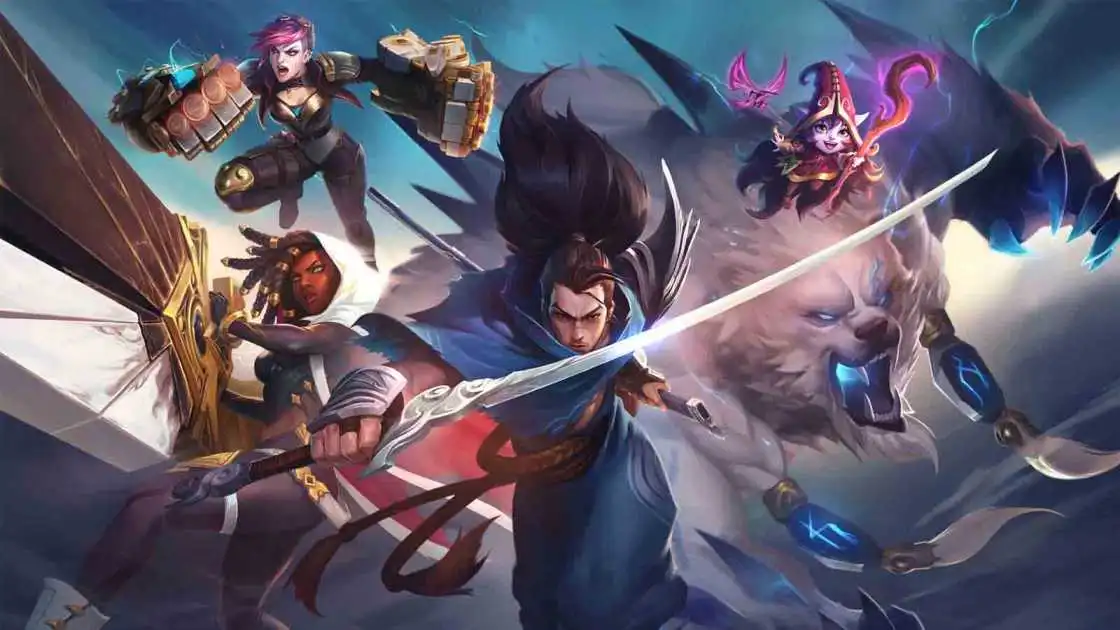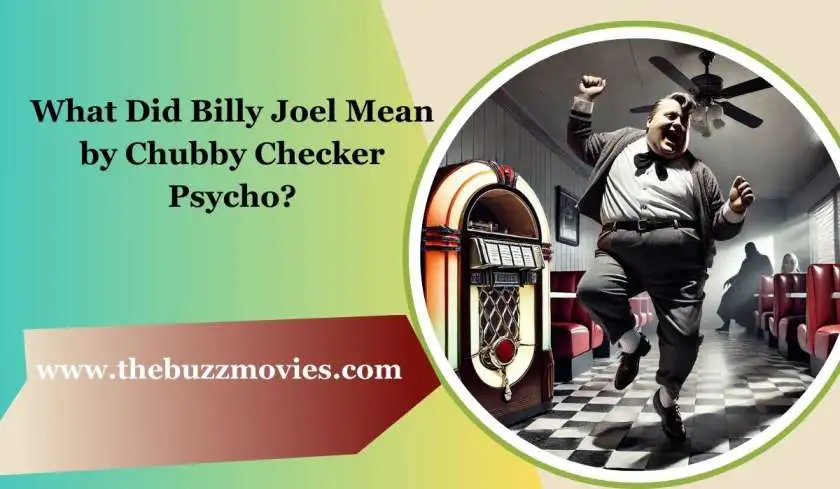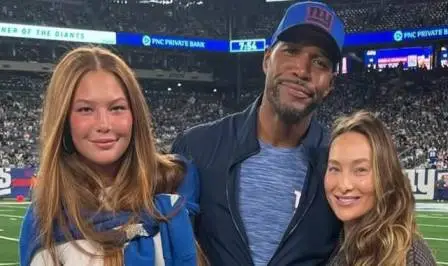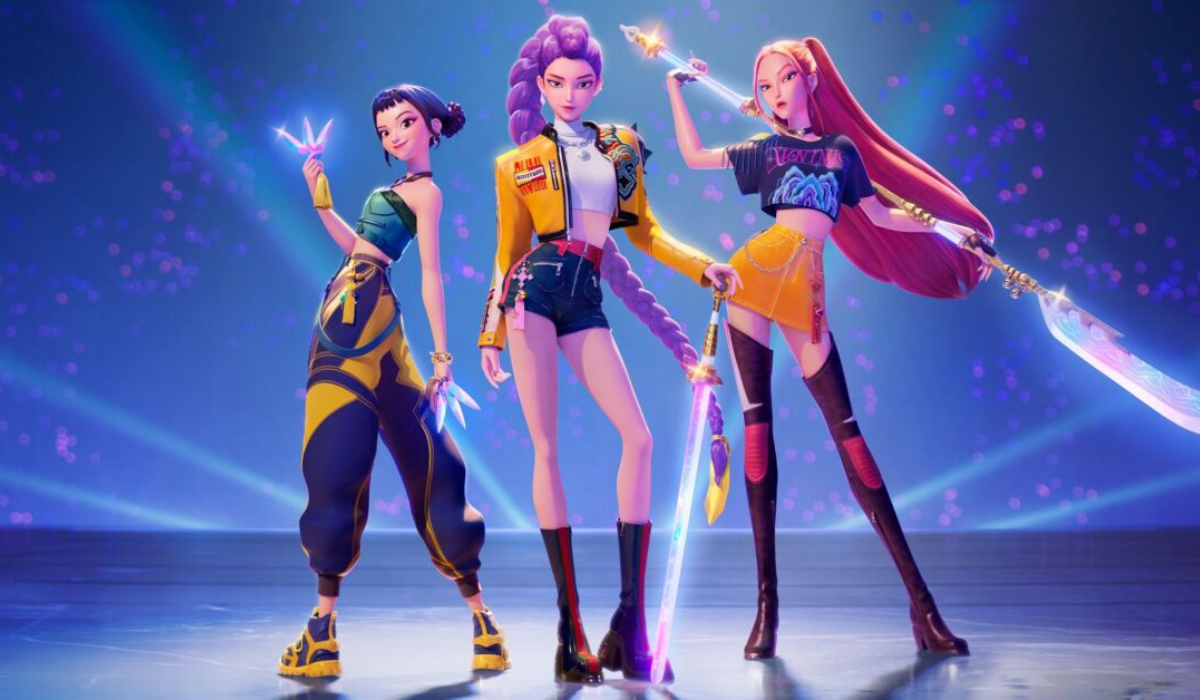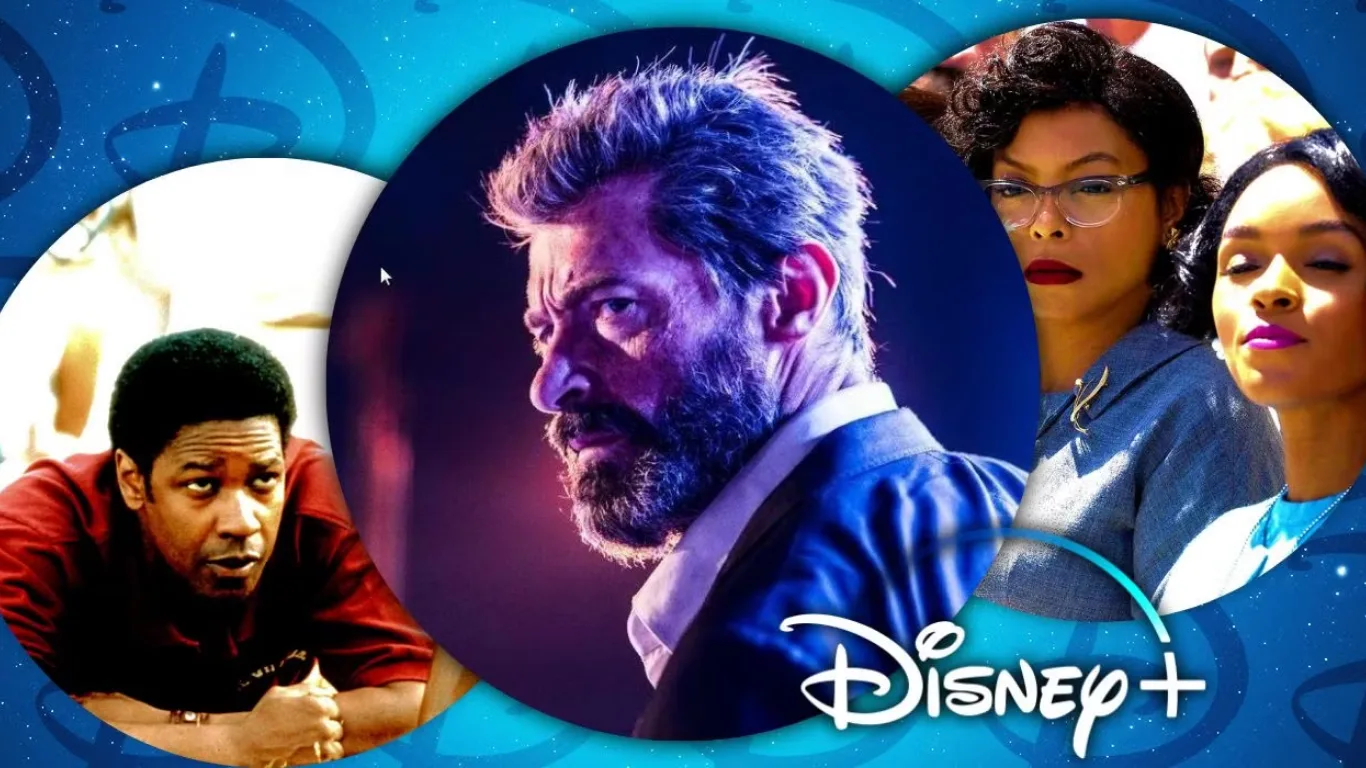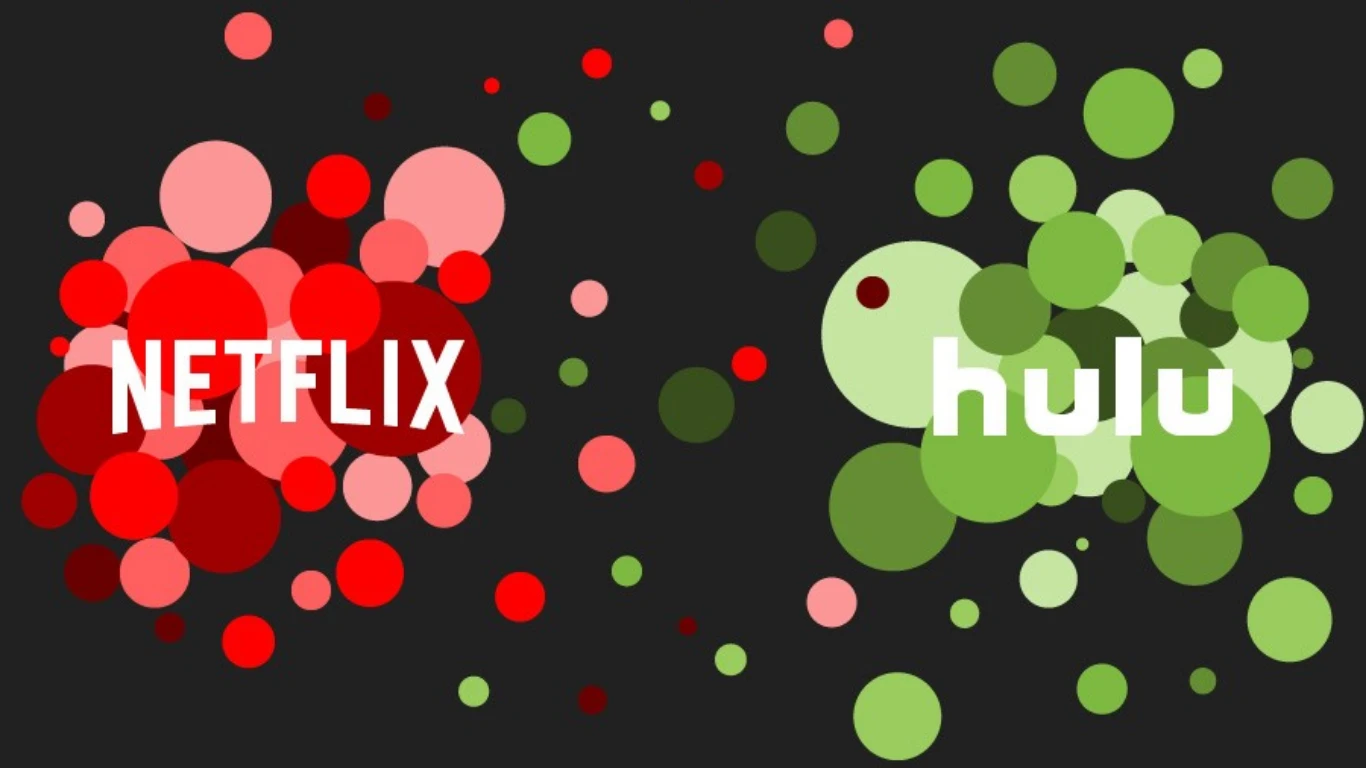There might be however many sorts of greatness as there are fantastic shows. Series can wow us with how extensively they changed society, from "Seinfeld" rethinking American shoptalk to "Maniacs" bearing every one of the signs of a mid 21st-century television Brilliant Age to "The Oprah Winfrey Show" causing daytime watchers to feel part of an exceptional club of millions. Or on the other hand they can feel like firmly held privileged insights, consistently prepared to invite inquisitive watchers interestingly, similar to "The Extras" or "Illuminated."
They can unite bits of knowledge about a quickly moving society with humor that goes the distance, similar to the shows made by Norman Lear, who kicked the bucket this month at age 10. What's more, they can amaze us with display or entry us with private person minutes or on the other hand, in the event that they're "The Sopranos," they can do both.
This issue of Assortment takes a gander at every one of the manners in which that television is a piece of our lives, and, fittingly, it's topped by the show so engaging that TV has been pursuing its prosperity since its earliest days.
Lucille Ball let the world into a fictionalized variant of her home, and in this manner turned into an apparatus in all of our own. What's more, her vast changes her fitting and-play way to deal with new professions, her rubbery face suit a medium in which the most solid steady is change.

The rundown around which this issue is constructed mirrors many years of developments and unrests; the passages were picked by a group of Assortment staff and givers, considering the nature of each show and its social effect. (With expressions of remorse to endless projects that merit festivity, we restricted ourselves to English-language series that circulated or streamed stateside in light of the fact that the whole universe of TV is restrictively expansive for this endeavor.
We trust this rundown will reflect two specific ways TV can be perfect: commonality and disclosure. Our main 10 network shows, the result of warmed staff discusses, may help every peruser to remember past top choices, and may present future marathon watches as well.
Not that Ball, this rundown's marquee star, would have understood what that expression implies to her, "gorge" is how you manage a jug of Vitameatavegamin. Be that as it may, we trust she'd have valued the thought. Investing energy getting to know a show and to expect its rhythms is a delight that has been accessible since Lucy Ricardo originally asked to perform at Ricky's club. Furthermore, it's staying put.
1: Community
The half-hour parody is an organization worked around solace and commonality, and keeping in mind that "Local area" had those features a particular outfit, an engaging setting, a will-they-will not they storyline the Dan Harmon series was best when it got unusual.

A few times for each season, Greendale Junior college vanished to account for troublesome family recollections to be unloaded in a stop-movement Christmas wonderland, or for sexual pressure to disentangle in a paintball-driven disaster area.
Local area" was aggressive, yet, similar to any great sitcom, it knew how to reset. It brought its characters from its unending imaginary worlds back to Greendale like the same old thing had occurred by any means.
2: Hannibal
Some way or another, showrunner Bryan Fuller fooled NBC into circulating a cutting edge homoerotic sentiment between Hannibal Lecter (Mads Mikkelsen) rehearsing specialist, dressing dilettante, noted gourmand and Will Graham (Hugh Dancy), a FBI profiler who could occupy the mentality of a sociopath. Their dynamic played out more like a curved fantasy than a standard waiting game.
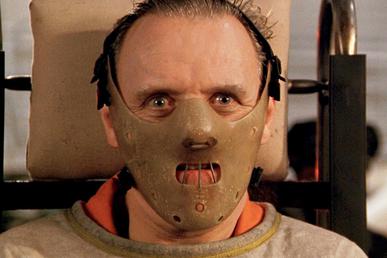
The crime locations on "Hannibal" were straightforwardly show-stoppers; one dreary scene was styled after a Botticelli painting, and Lecter's fastidiously pre-arranged feasts were dazzling to view, even as you probably aware was in them.
Yet, the core of the show was the sad, scarcely subtextual sentiment among Hannibal and Will, an obligation of genuine comprehension that could end severely. "Hannibal" was counterbalanced before it could play in full, however it finished up on a totally unpropitious picture of its ill-fated sweethearts pitching over a bluff.
3: Homeland
Carrie Mathison has every one of the signs of an untrustworthy storyteller aside from she's typically correct. That made "Country's" initial two seasons so convincing: The CIA specialist played wonderfully by Claire Danes should have been a superspy, however the very craziness that loaned her an exceptional understanding likewise obfuscated her judgment, and caused her to seem deceitful to bosses.
Country" represented Carrie's absence of equilibrium through her vexed, energetic contact with thought psychological oppressor Nicholas Brody (Damian Lewis); her dissatisfaction at not being confided in beat through Danes' held jaw.
Landing profound inside the conflict on fear, "Country" portrayed a public safety contraption worked around blemished, crazy looking Americans; it recovered its balance after a couple of rough seasons to finish up with an exquisite government operative game.
It indented Kickoff's just best series Emmy win ever, and was the perfection of a remarkably solid time for the cabler, worked around shows like "Weeds" and "Medical caretaker Jackie" that included muddled female screw-ups. Also, you don't get substantially more convoluted than Carrie Mathison.
4: Top Chef
As a class, reality has a generally crude standing. Not so with "Top Cook," the Bravo tentpole that is advanced more than 20 seasons into the Rolls-Royce of food TV. Because of the culinary imprimatur of judges like Tom Colicchio and Gail Simmons, and the steely excitement of long-lasting host Padma Lakshmi, "Top Gourmet specialist" has raised itself into a referee of genuine esteem.
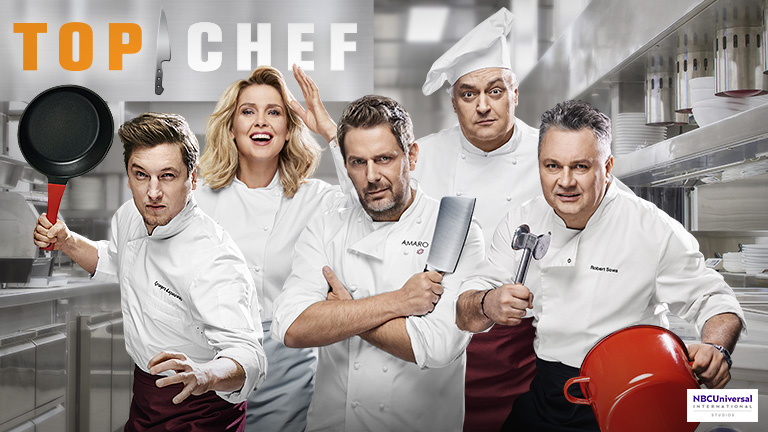
The show has a chicken-or-egg relationship to American food culture: Did it present ideas like prix fixe and mise en spot to the survey public, or has it deftly integrated grassroots peculiarities like virtual entertainment and an expanded love for non-European customs? As the show heads into a post-Lakshmi period drove by previous candidate Kristen Kish, the response and the key to the series' persevering through progress — is both.
5: The Good Fight
Debuting one year after its ancestor series "The Great Spouse" featuring Julianna Margulies finished on CBS, "The Great Battle" spun around "Wife" character Diane Lockhart, played by Christine Baranski.
Since Trump had quite recently been suddenly chosen, "The Great Battle," in which Diane joined a renowned Dark claimed law office in Chicago, turned into a basic shout against his administration, as prearranged by makers Robert and Michelle Ruler.

However it at times fell into #resistance prosaisms, "The Great Battle" generally was a splendidly composed, entertaining, complex show, as well as a person investigation of a 60-something lady — in itself a unique case on TV. Though "The Great Spouse" began solid, then got shaky and in the end faltered to a disheartening completion, "The Great Battle" was reliably phenomenal all through its six-season run.
6: Black Mirror
Everybody has their number one, so much that perhaps "Dark Mirror" portions should be named like "Companions" episodes: "The One Where Individuals Can Replay Their Recollections."
The One Where The hereafter Is Computer generated Reality." "The One With Jon Hamm." Taken on the whole, "Dark Mirror" from its most memorable days on English TV to its flow life as a world-beating streaming sensation returning to stun and charm at regular intervals has made its name as a collection of strange desire and combined power.

Its feeling of oppressed world, one produced every step of the way by the battery-controlled "dark mirrors" we all convey in our pockets, takes numerous roads.
Now and again the universes this series portrays are by and large dystopian; once in a while the social request has debased simply detectably enough to just cause it to have that impression. Barely any other series have illustrated "Dark Mirror's" flexibility, or its aspiration to talk on this second, and the second past it.
7: I May Destroy You
Michaela Coel's series was, regardless of anything else, destroying. An arresting gander at the injury of assault and how it resonates all through each part of the survivor's life, the series followed London-based essayist Arabella (Coel), who, while hustling to comply with the time constraint for her subsequent novel, is sedated and physically attacked during an evening out on the town.
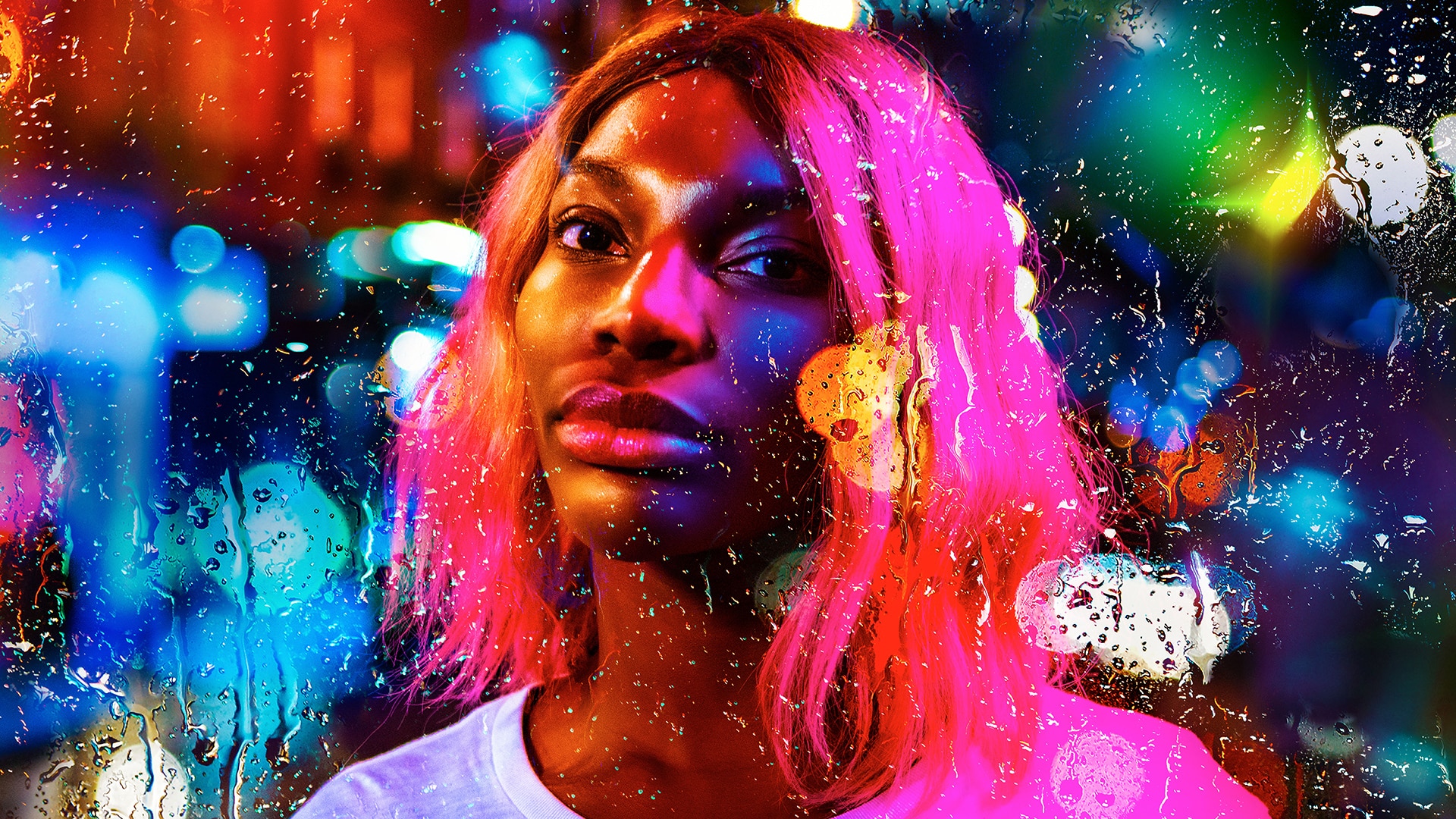
In the long stretches of time later, Arabella battles to sort out what befell her while cross examining each part of her life. "I Might Obliterate You" was dramatic in looking at assent and organization while utilizing humor and contemplation; it finished in a position of win, with a youthful Person of color finding how to recover her power.
8: Will & Grace
It's feasible to get a piece breezy and exaggerated about the effect of TV over the long haul, yet a couple of shows can, solidly, be said to affect our reality.
Will and Beauty" is one, as the large numbers who tuned in every Thursday night came to feel more open minded, prompting gains for the gay freedoms development. The show is extensively credited with persuading Americans that they had several gay companions whose shortcomings and characteristics were unmistakable and enchanting.
:max_bytes(150000):strip_icc():focal(999x0:1001x2)/will-and-grace-WATN-091923-tout-53b439070ed64201996d3163ca4ffb69.jpg)
That was the thing about "Will and Elegance" before its shockingly harsh consummation and to some degree illegitimate Trump-time reboot. It had an equivalent open door way to deal with penetrating its characters, from the ruthlessly vain.
Dispassionate several the show's title (played by Eric McCormack and Debra Wrecking) to their fanciful and confused closest companions, Jack and Karen (Sean Hayes and Megan Mullally). To a one, the focal entertainers arrived in a position of radiant daffiness. It's little miracle such countless individuals came to consider them to be buddies.
9: St. Elsewhere
This fundamentally adored clinic show is frequently connected with one more NBC series that debuted the prior year: Like "Slope Road Blues," "St. Somewhere else" had a reasonable, issues-based approach, and recounted to its story through an enormous group (and a dark murkiness).
The threesome of William Daniels, Ed Flanders and Norman Lloyd drove the discouraged Boston medical clinic, and Denzel Washington stumbled upon the opportunity of a lifetime here. Never an evaluations hit, "St.

Somewhere else" additionally included Imprint Harmon, Alfre Woodard, Howie Mandel and previous kid entertainer Helen Chase as she was going to set off on her film profession.
St. Somewhere else" boldly handled issues like rape and HIV, and its narrating could be creative and test. The show had, for goodness' sake, a "Good health" hybrid, and Dr. Fiscus (Mandel) stumbled into paradise (or something) prior to being restored. Showrunner Bruce Paltrow and the journalists wouldn't hesitate to enjoy trips of imagination. The show's finale episode stays disruptive, however its most grounded heritage lies in involving the clinical framework as a crystal for looking at the cutting edge world.
10: Daria
Before Gen Z told everybody the best way to be unbothered, Daria Morgendorffer (voiced by Tracy Grandstaff) was the dominant sovereign of independent pessimism. A side project of "Beavis and Butt-Head," MTV's vivified series moved past its source series' skepticism to grandstand the irritation and a periodic delicacy of a '90s youngster compelled to explore rural American life.
:max_bytes(150000):strip_icc()/032822-daria-lead-2000-ba231243952c43109a87eb35e66dee03.jpg)
In a school populated solely with pretenders and holders on clamoring to get into the famous group, Daria wore her negativity like a layer of reinforcement. Cleverly composed and pointedly noticed, the show speared its setting, however it got heart from a person made for an astonishing fit for MTV: a teen who was just at any point keen on acting naturally.


